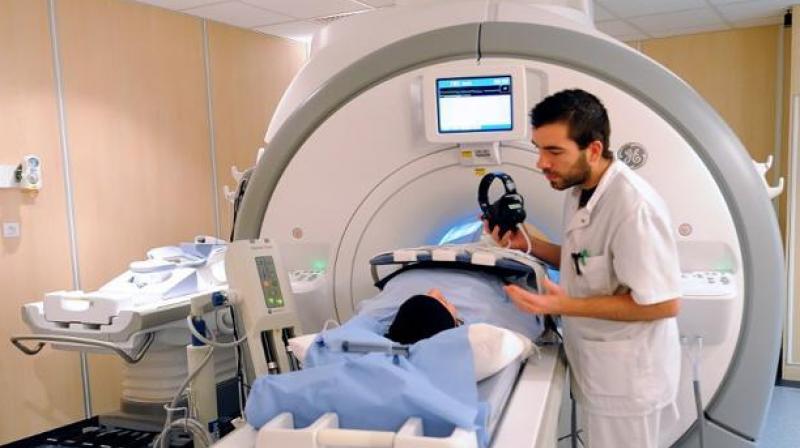Twice a day radiation therapy cuts down deaths from cancer

Washington D.C.: A study suggests that treating head and neck cancer patients with twice-a-day radiation therapy combined with chemotherapy can prove beneficial and save more lives.
The findings indicated that the twice-a-day treatment of hyper fractionated radiotherapy combined with chemotherapy, cuts deaths by 20 percent compared to the best standard treatment of once-daily radiotherapy with chemotherapy.The research was presented at the European Cancer Congress 2017 in Amsterdam.
The study was led by Dr Claire Petit, a resident in radiation oncology from Gustave Roussy cancer centre in Paris, included patients with tumours in their mouths, throats or voice boxes that had already begun to spread to neighbouring tissues."There are a number of new treatments that have shown promise in head and neck cancer trials.
This large study has enabled us to compare several of these treatments to see which is best overall in terms of reducing mortality," said Dr Petit."However, this is an important finding for this group of patients who have a higher risk of their cancer recurring following treatment," Dr Petit added.These patients tend to have lower rates of survival than those whose cancer was diagnosed at an earlier stage.
The researchers included 28,804 patients from around the world and allowed them to compare 16 different treatments to find out which was best at reducing the spread of cancer and deaths from the disease.Radiotherapy was done by splitting the daily treatment in two portions, a higher and more effective dose can be given to patients.The results also indicated that this this therapy reduced the risk of the cancer getting worse by 23 percent.
"Before we can apply these very interesting results into daily clinical practice, we need to wait for the outcome of the next stage of this research - namely the evaluation of the short and long-term side effects. This is of utmost importance for the quality of life of the patients and their relatives," said Professor Philip Poortmans from Radboud university medical center in the Netherlands.

